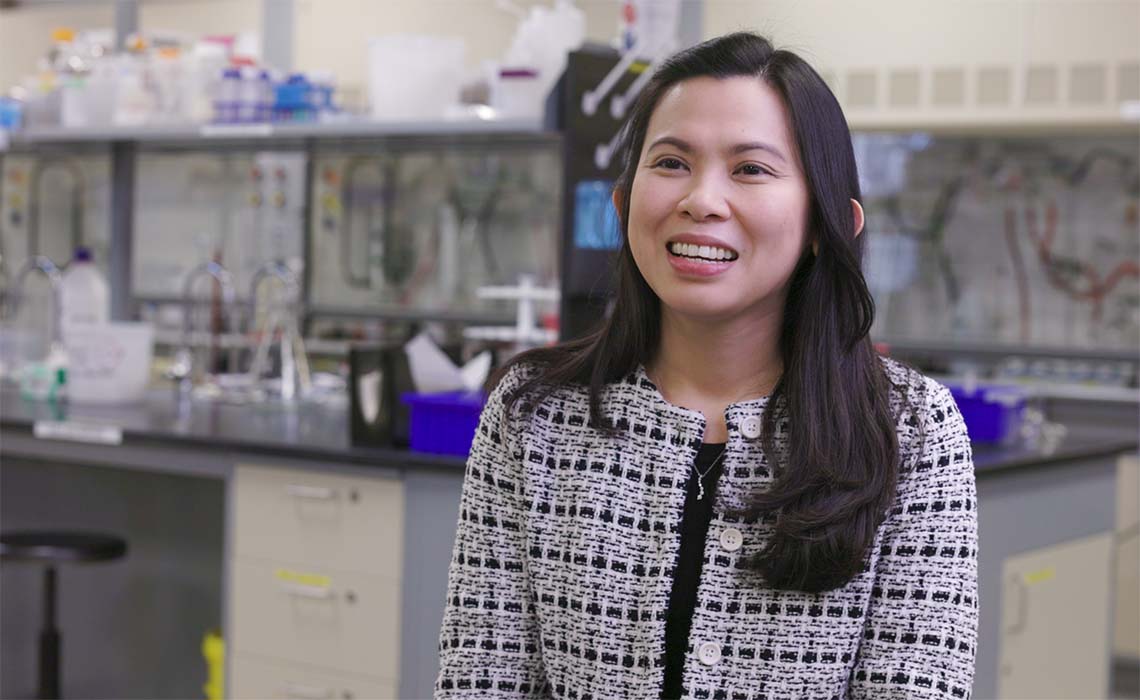A silent threat

The World Health Organization has recognized antimicrobial resistance (AMR) as one of the top global public health threats. AMR is on the rise due to the misuse and overuse of antimicrobial drugs such as antibiotics, antivirals, antifungals and antiparasitics. As microorganisms become resistant to antimicrobials, once-useful medicines are rendered to be ineffective. Because of the severity of the problem, Mount Royal researcher Dr. Jeella Acedo, PhD, wanted to use her skills to contribute to mitigating the crisis.
Acedo, who teaches with MRU’s Department of Chemistry and Physics, has approached AMR through three methods. One is trying to discover new molecules that could be used as alternatives to conventional antimicrobials. The second is through surveillance of antimicrobial resistance genes and microorganisms in specific environments to assess their emergence, spread and impact.
For the third approach, Acedo is part of a large team recently awarded a Canadian Institutes of Health Research grant focusing on training students with the necessary skills to address AMR through a One Health perspective. One Health is the notion that humans, animals and the environment are all connected, with the health of one also affecting the health of the others.
Through these three approaches, Acedo hopes to contribute to future forward-thinking solutions that prepare for crises such as another pandemic. Data collected from these studies will hopefully prevent disease outbreaks and inform health policies.
Importantly, her research is also helping train the next generation of researchers, scientists and teachers.
Acedo always works to integrate her research into the classroom and inform students about opportunities where they can participate. This is done most directly through the third-year biochemistry course she teaches, where the students work through mini-research projects related to Acedo’s work, giving them a taste of what they might experience.
Interested students eventually apply to work as research assistants for Acedo, where they can stay on her team for two to three years. Acedo states that several of her research assistants see the projects they work on to completion and have manuscripts published in peer-reviewed journals, “which is a remarkable achievement for undergraduate students,” Acedo says.
Research enhances students’ critical thinking, leadership and communication skills. It also develops their technical skills in the lab. As Acedo notes, with no graduate degrees offered at MRU, undergraduates have more opportunity to dive deep into projects.
As the issue of AMR becomes more pressing, new leaders will need to step up and perform critical tasks such as researching alternatives to commonly used antimicrobials. Acedo hopes that exposing students to research early starts them on the path to becoming those future professionals, teachers, researchers and scientists.

